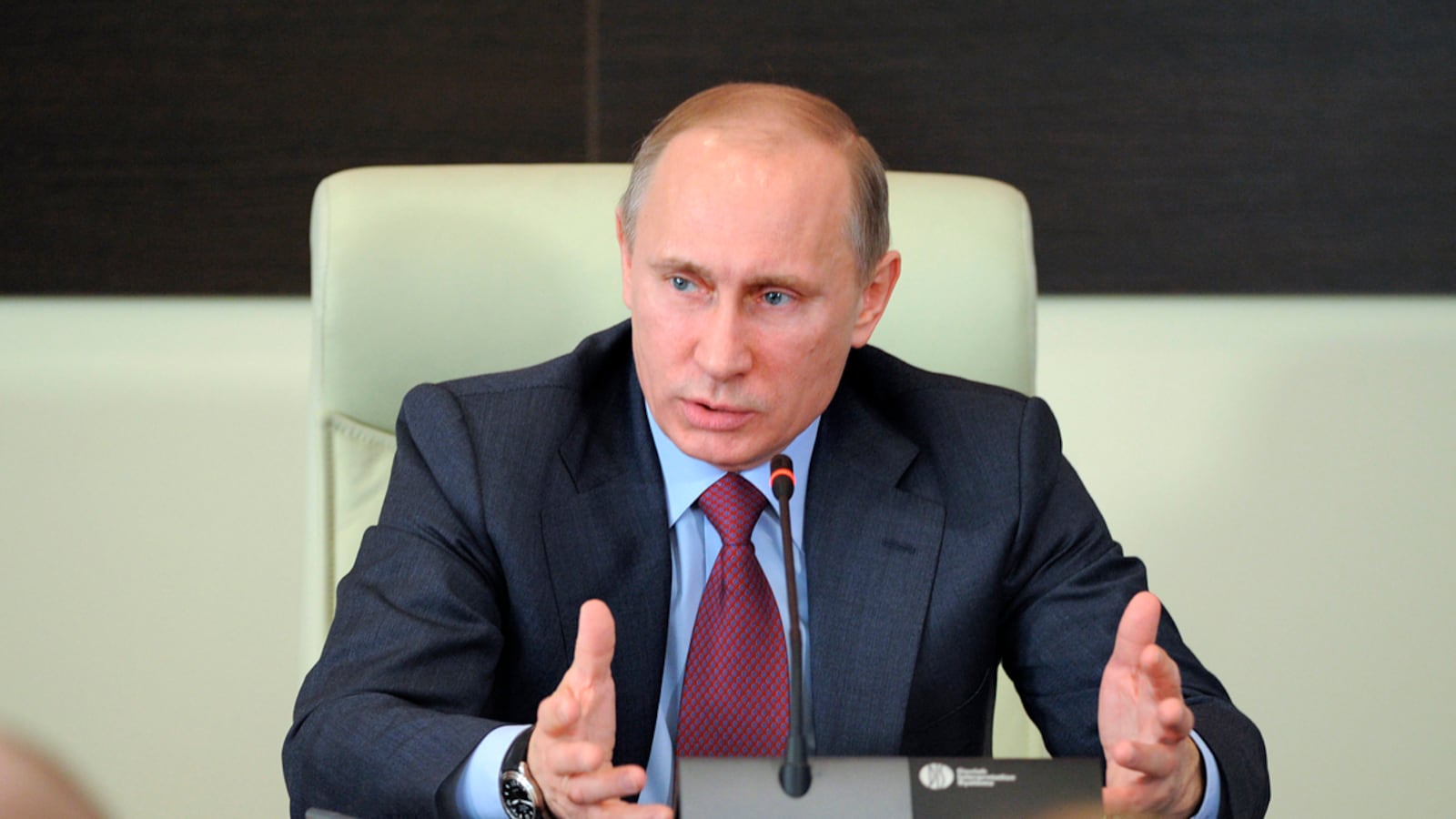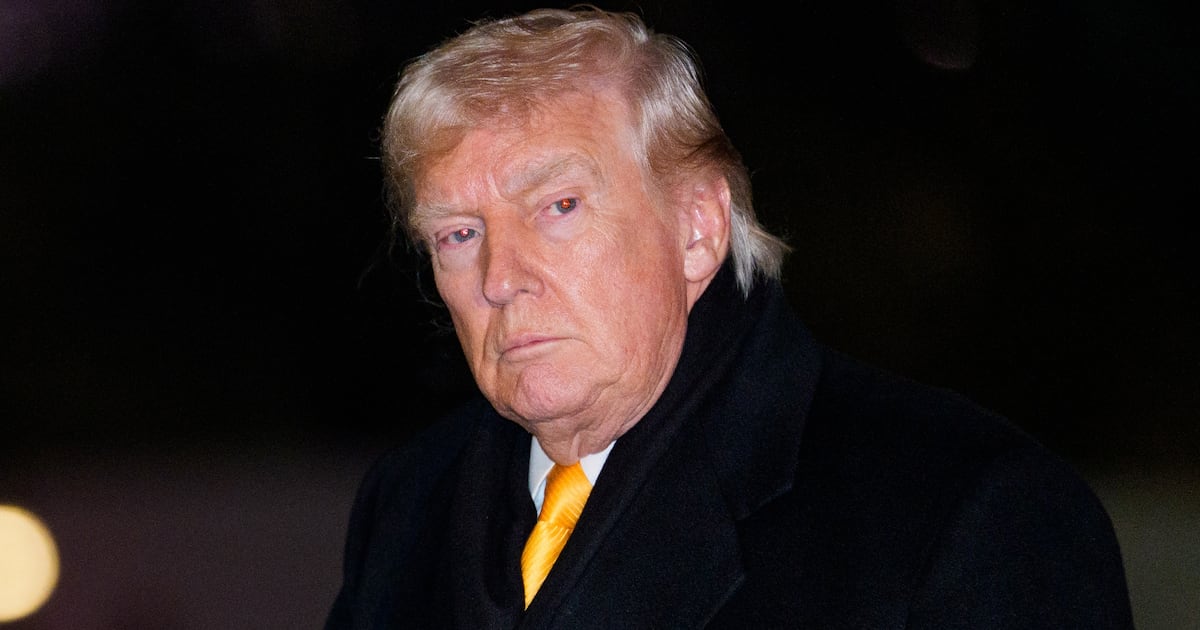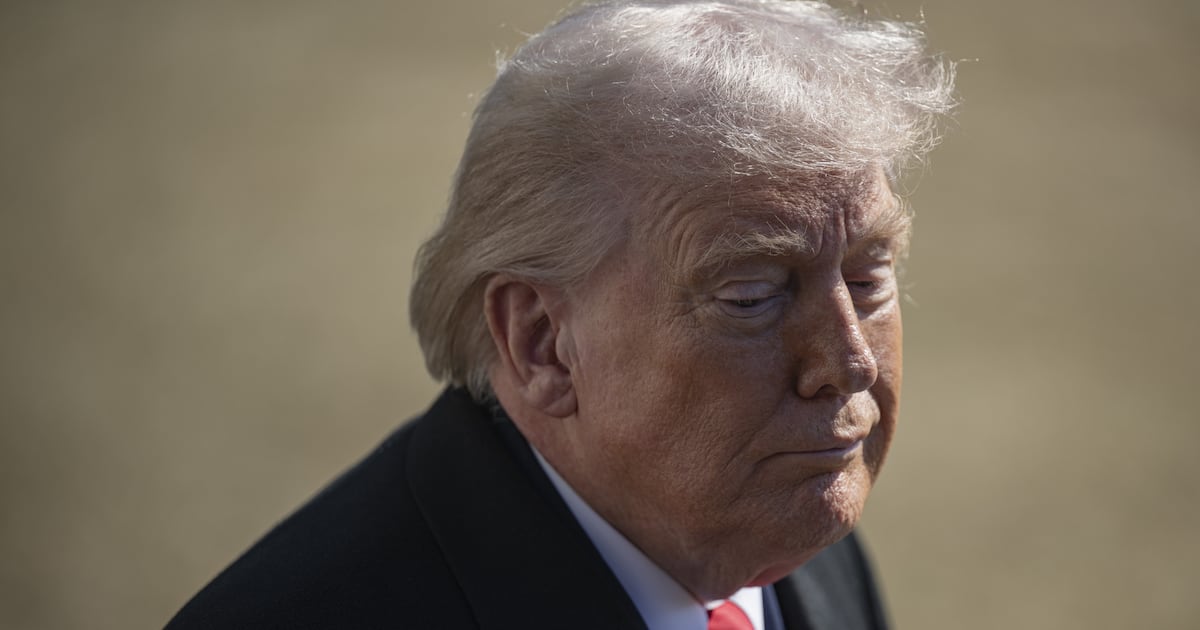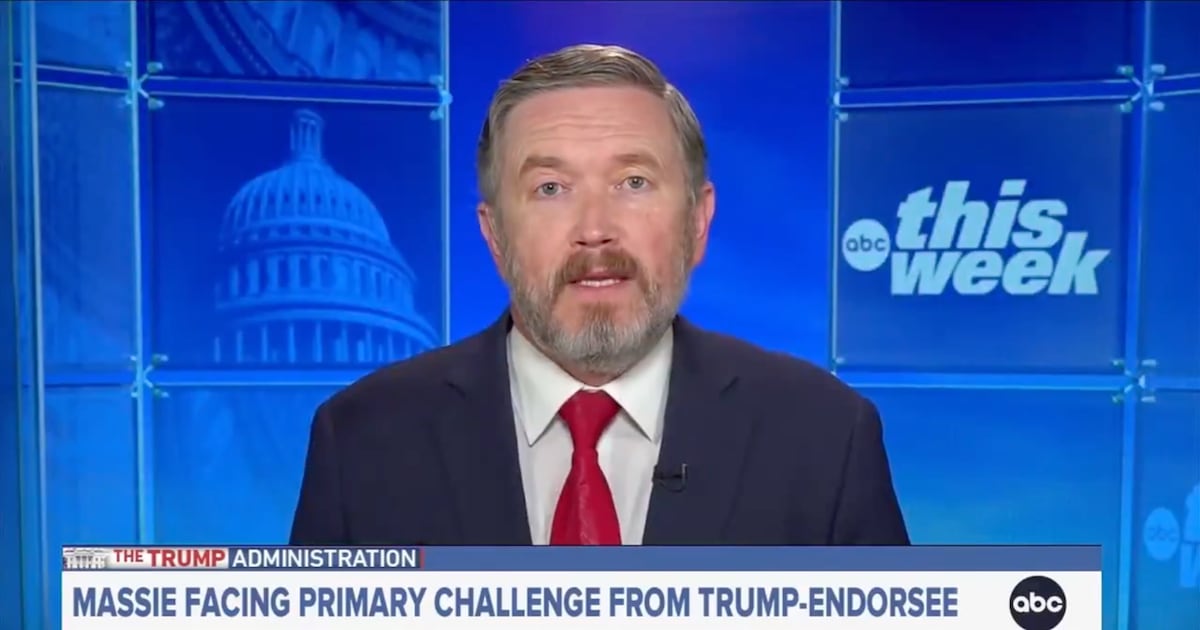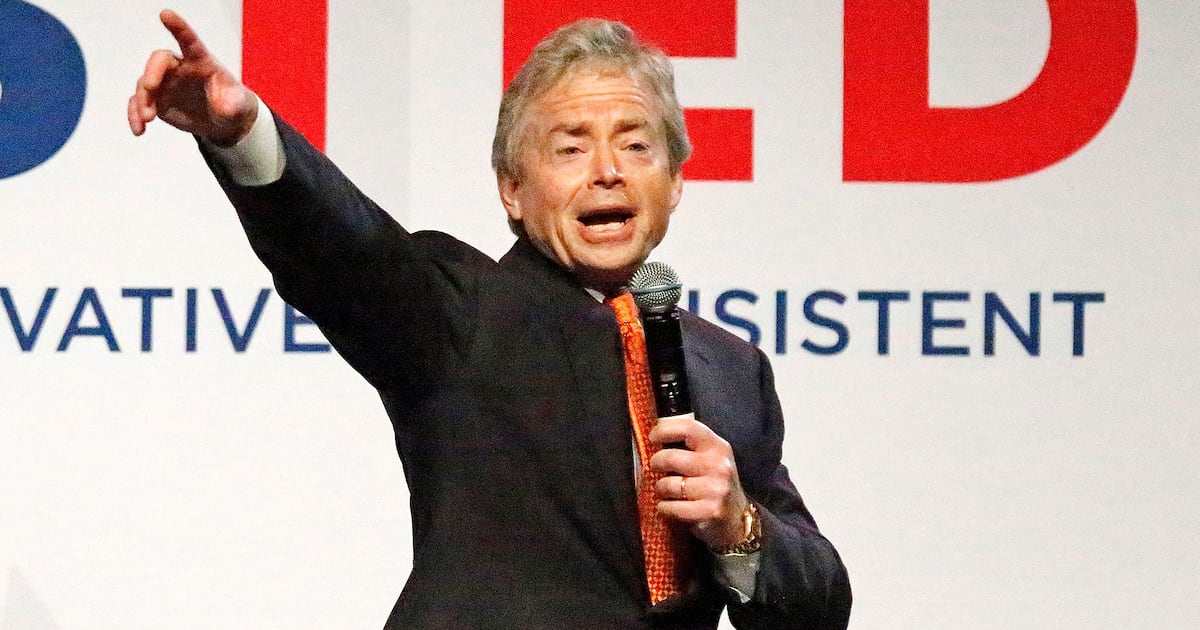Call it an odd coincidence, but just before presidential elections, Russian security services always happen to uncover supposed plots to spread terror and mayhem. In 1999 a series of bombs planted in apartment buildings in Moscow and other Russian cities left nearly 300 dead; the attacks were blamed on Chechens and then-prime minister Vladimir Putin rode into power promising to bring security to the country and crush the culprits. In 2008 agents of Russia’s Federal Security Service, or FSB, arrested a Tajik man days before the inauguration ceremony and announced that he was a sniper preparing to assassinate Putin.
Now, just a week before Russia’s next presidential election on March 4—in which Putin is seeking a third term in power after a four-year “break” as prime minister—Russian state TV has reported that Ukrainian and Russian spooks have foiled yet another plot on Putin’s life.
The alleged plotters were detained in the Ukrainian seaside resort of Odessa in January after an apparently accidental bomb explosion in an apartment killed one man and injured two more. After four weeks in the hands of interrogators, one of the survivors confessed to the Putin-assassination plot. According to the state-run RIA Novosti, explosion survivor Ilya Pyanzin told police that he and his accomplices had been hired by Chechen rebel leader Doku Umarov to rub out the prime minister. Pyanzin and another man had traveled from the United Arab Emirates—where the FSB has assassinated several Chechen rebels in recent years—via Turkey to Ukraine. In Odessa the two would-be killers were purportedly met by Adam Osmayev, a local man of North Caucasus origin who was supposed to “brief the militants about the plan and send them to Moscow,” according to RIA. Pyanzin and his accomplice Ruslan Madayev—who was killed in the January apartment explosion—were both on international terror most wanted lists.
Exactly how the three were planning to hit Putin, one of the most closely guarded leaders in the world, is unclear. Police say that they found an “action plan” on a laptop belonging to the men where they discuss the necessity of "learning the structure of Putin's security team." There has so far been no evidence that they actually did so. The attackers allegedly planned to plant bombs along Kutuzovsky Prospect, the 10-lane boulevard that links the Kremlin to the exclusive dacha enclaves of Rublevskoye Shosse, west of the capital, which are home to Putin, lame-duck President Dmitry Medvedev, and most of Russia’s elite. But Kutuzovsky Prospekt—also the location of Newsweek/The Daily Beast’s Moscow Bureau—is completely cleared of traffic whenever Putin or Medvedev chooses to travel between dacha and Kremlin, and their 20-car corteges travel at speeds of up to 200 kilometers per hour. An enormous bomb would be required to destroy the heavily armored Mercedes limousines in which Putin travels—he is one of the hardest targets on earth for a would-be assassin.

Of course the fact that Pyanzin’s plan may have been naive and unrealistic doesn’t automatically make it untrue. But there are several other elements in the alleged plot that smell fishy. For one, all the major proven Chechen terror attacks of the last two decades have been either suicide bombings—like the bombing of Moscow’s Domodedovo airport in January 2011 that killed 35 people—or mass armed raids like the horrific school siege in Beslan that left 380 dead in 2004. Both the use of mercenaries and of nonsuicide roadside bombs would be a first in the Chechens’ long-running war against the Russian state.
Then there is the timing, just days before Sunday’s presidential election. A series of mass protests that have brought more than 100,000 people onto the streets of Moscow both for and against Putin have made this the most hotly contested election of Putin’s career. His response to opposition rallies has been characteristically paranoid, blaming sinister outside forces for the protests and calling on his supporters to “defend their motherland.” “Victory is in our Russian genes,” Putin told a rally of bussed-in blue-collar supporters last Thursday. “But the battle for our homeland continues … we must not drop out guard.”
In this context the uncovering of an assassination plot seems suspiciously well timed. Breathless coverage of the Pyanzin confession on state TV made various open-ended references to “external threats” to Russia, mirroring Putin’s own election rhetoric. Russia’s blogosphere—a bastion of anti-Putin opposition—teemed with skepticism. "Do I understand correctly that no one believes in the assassination attempt on Putin?" wrote activist Danila Lindele, who campaigns against officials’ use of blue flashing lights to flaunt traffic rules. A poll on the opposition-minded Ekho Moskvy radio showed 92 percent of respondents didn’t believe the plot. It’s highly unlikely that the real truth about the Odessa plot—or indeed about any other preelection terror plots of recent years—will ever emerge. But at least this time around no one has been killed in Russia’s traditional preelection round of terror.

